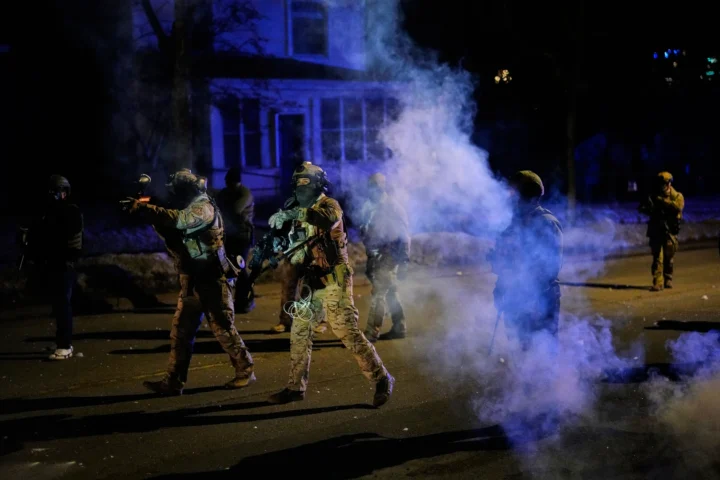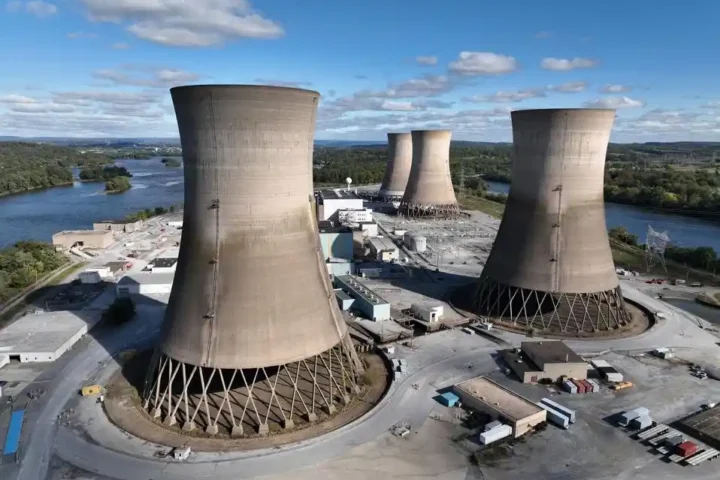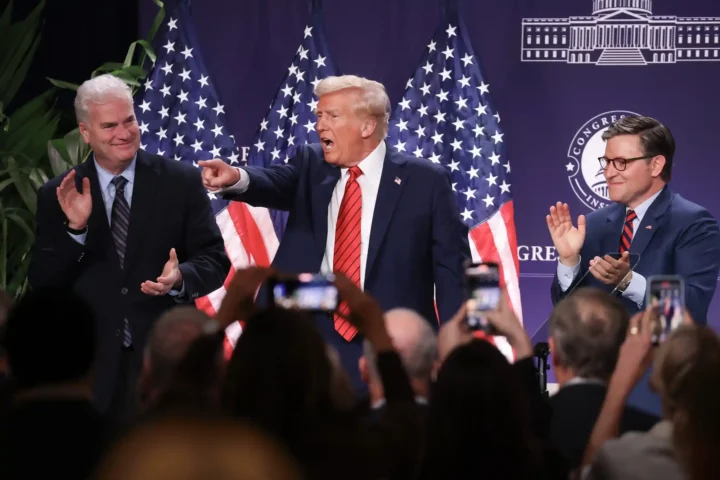Once lauded as a scientific breakthrough that helped curb the COVID-19 pandemic, mRNA vaccines are now at the center of a sweeping shift in U.S. health policy. This month, Health and Human Services Secretary Robert F. Kennedy Jr. announced the cancellation of nearly $500 million in grants and contracts supporting mRNA vaccine research, abruptly halting federal investment in technology that not long ago was hailed as a “medical miracle” by President Donald Trump.
Kennedy, a long-standing vaccine skeptic, declared that new data showed mRNA vaccines “fail to protect effectively against upper respiratory infections like COVID and flu,” justifying the redirection of funds toward what he called “safer, broader vaccine platforms”. The termination of 22 projects spearheaded by major institutions and pharmaceutical firms — among them Pfizer, Moderna, and Emory University — marks more than just a budgetary maneuver. For public health experts, it symbolizes a decisive turn away from the evidence-based approaches that defined the nation’s initial pandemic response.
“This is a bad day for science,” remarked a leading vaccine researcher at the University of Pennsylvania, expressing fears that the U.S. is compromising its ability to confront future biological threats. Many experts disagree with Kennedy’s assessment, emphasizing that mRNA technology enabled rapid vaccine development and deployment during the pandemic, helping to save millions of lives. They argue that the move leaves the U.S. more vulnerable to emerging pathogens and undermines years of progress in vaccine innovation.
A Campaign Built on COVID Resentment
The freeze on mRNA funding comes as part of a broader “COVID-revenge” agenda that has characterized the current administration since the outset. After a dramatic renewal of anti-vaccine sentiment, Kennedy and his allies have ousted top officials involved in COVID policy, disbanded scientific advisory panels like the CDC’s Advisory Committee on Immunization Practices (ACIP), and replaced them with figures known for their skepticism of mainstream vaccine science. The influence of COVID resentment is plain: what began as specific opposition to COVID-19 shots is now bleeding into generalized distrust of vaccines and public health institutions.
Soon after taking office for his second term, President Trump signed an executive order prohibiting federal funding for any school, college, or university that imposed COVID-19 vaccine mandates, asserting the right of families to make their own medical choices. While most educational institutions had already dropped such requirements, the directive cemented an oppositional stance toward vaccine mandates of any kind — and emboldened efforts to pull back other longstanding immunization protections.
The Domino Effect: Broader Vaccine Innovation Under Threat
Though the administration maintains that mRNA technology will still be explored in some areas — such as cancer and genetic disease — scientists warn that these new blockades could soon hobble other vaccine and therapy pipelines. Ongoing reviews by Kennedy’s handpicked ACIP panel signal a willingness to scrutinize not just COVID vaccines, but the entire childhood immunization schedule for “cumulative effects” — a move that has drawn concern from pediatric and public health societies.
The CDC’s pandemic-era recommendations for staff vaccination, hospital incentives for reporting vaccine rates, and even routine vaccine guidance for pregnant people and children have all been rolled back or reworked. Meanwhile, funding cuts extend beyond mRNA, affecting ties to international vaccination coalitions and threatening research on emerging infectious diseases.
Fears for the Future
While public support for vaccines remains high overall, growing numbers of Americans — and a majority of Republicans — say they are reluctant to receive more COVID shots. Health policy observers warn that continued erosion of trust in vaccines and the government will have long-lasting consequences, potentially leaving the U.S. ill-prepared for the next health crisis. Without the tools, funding, or expert bodies that once underpinned America’s pandemic response, future leaders may find their options “carved out” by decisions made today.
In the words of one noted vaccine advocate, the current anti-COVID campaign may ultimately render the nation less knowledgeable and less prepared to face all infectious diseases — the true legacy, they warn, of America’s great turn away from mRNA.











